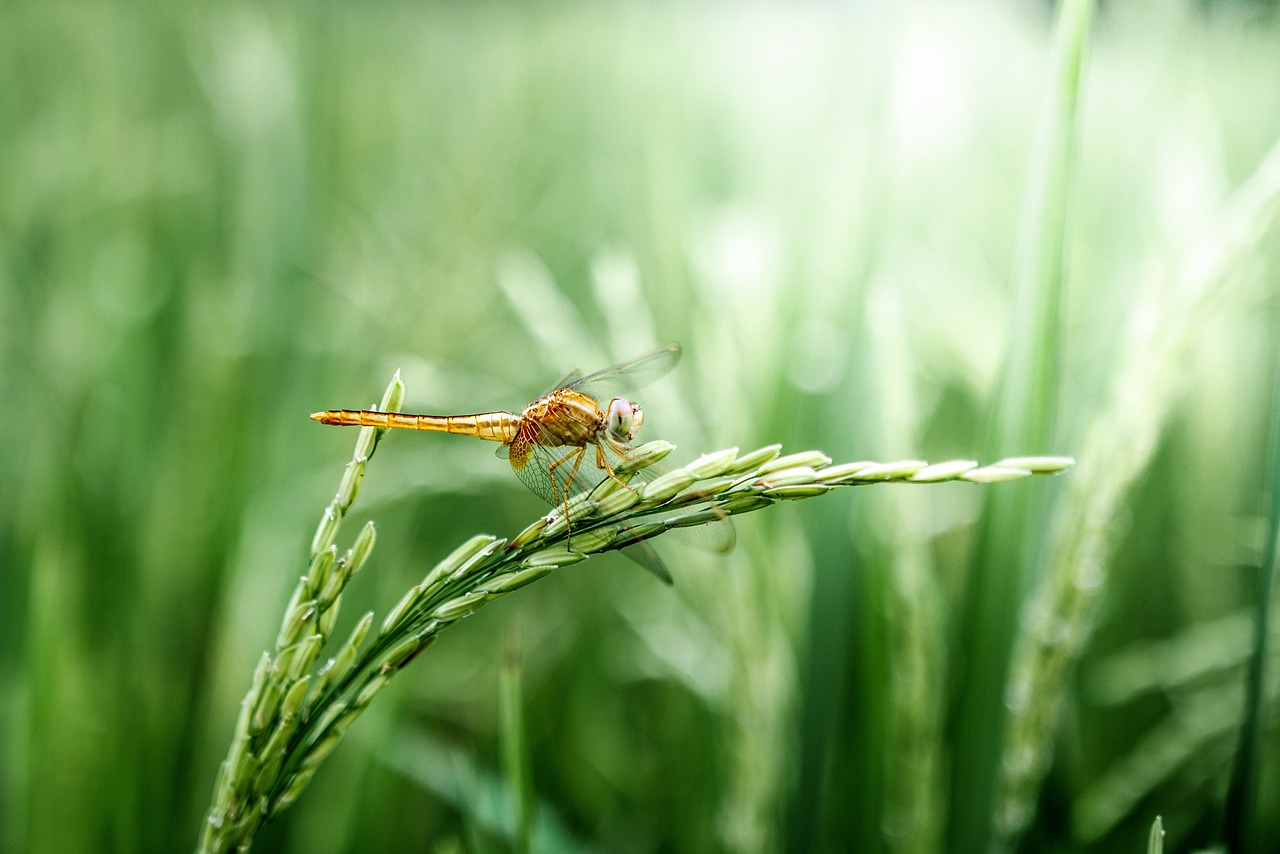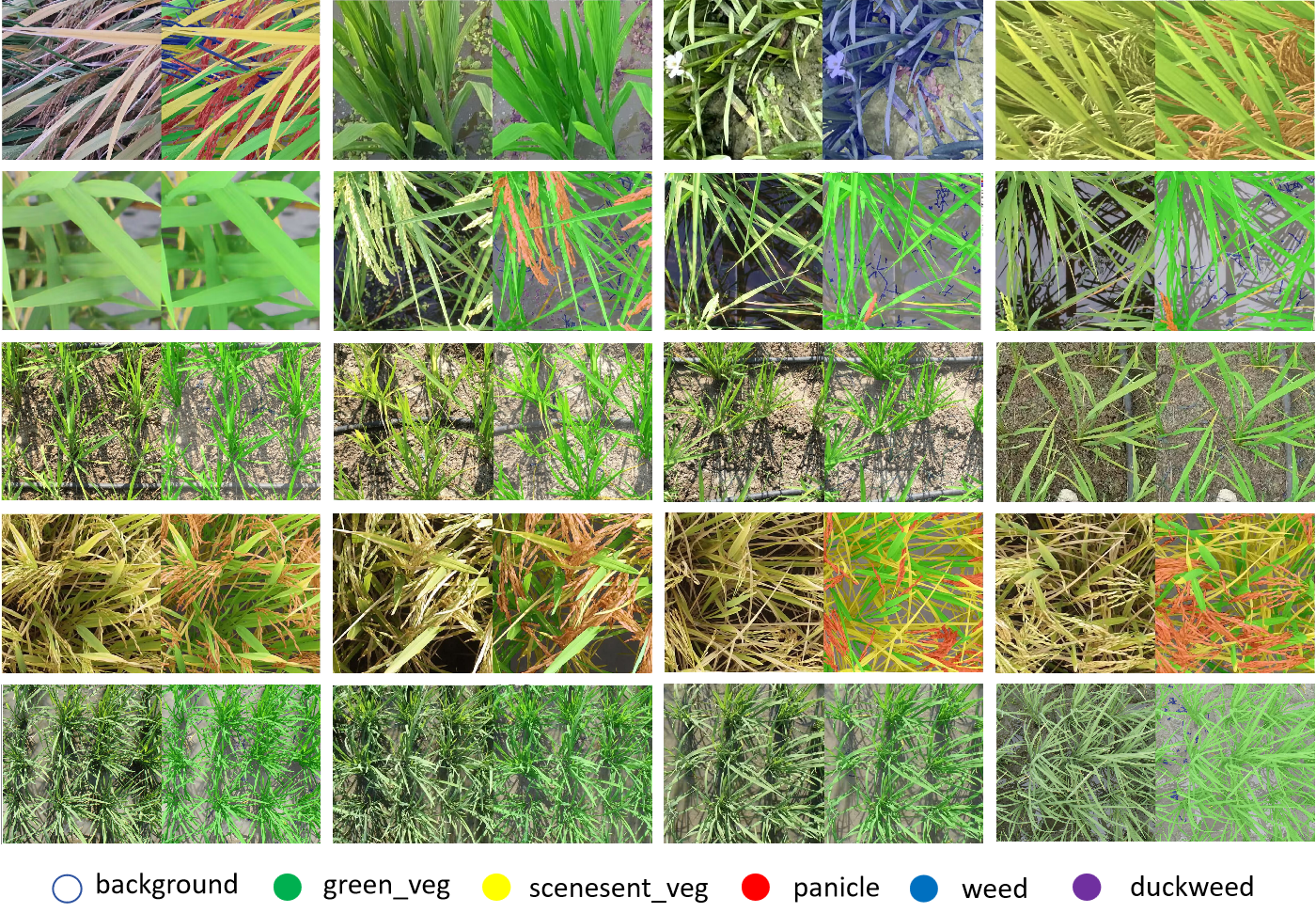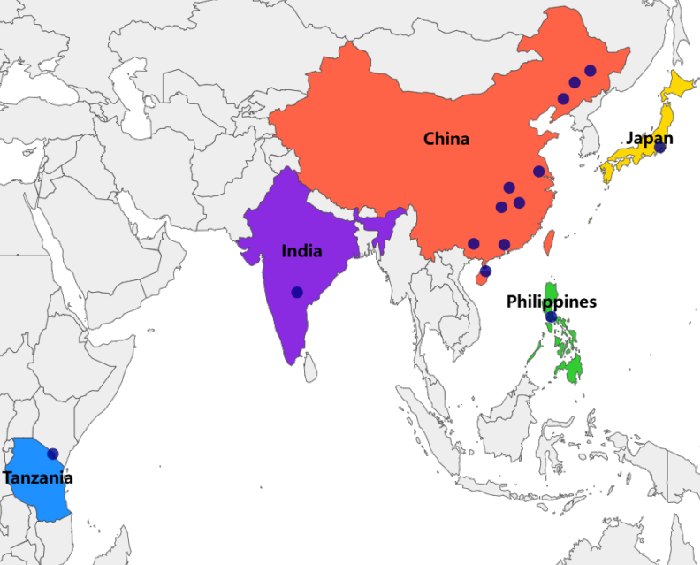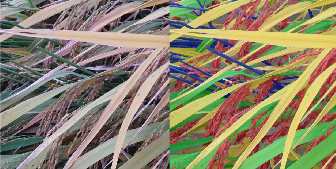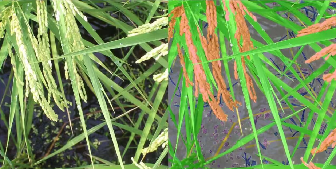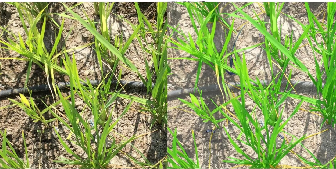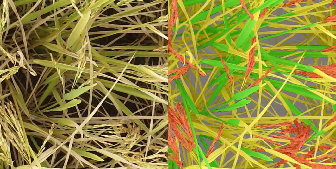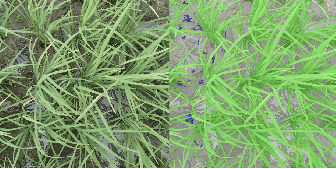Featured Acticle
Global rice multiclass segmentation dataset (RiceSEG): comprehensive and diverse high-resolution RGB-annotated images for the development and benchmarking of rice segmentation algorithms
Abstract
The development of computer vision-based rice phenotyping techniques is crucial for precision field management and accelerated breeding, which facilitate continuously advancing rice production. Among phenotyping tasks, distinguishing image components is a key prerequisite for characterizing plant growth and development at the organ scale, enabling deeper insights into ecophysiological processes. However, owing to the fine structure of rice organs and complex illumination within the canopy, this task remains highly challenging, underscoring the need for a high-quality training dataset. Such datasets are scarce, both because of a lack of large, representative collections of rice field images and because of the time-intensive nature of the annotation. To address this gap, we created the first comprehensive multiclass rice semantic segmentation dataset, RiceSEG. We gathered nearly 50,000 high-resolution, ground-based images from five major rice-growing countries (China, Japan, India, the Philippines, and Tanzania), encompassing more than 6000 genotypes across all growth stages. From these original images, 3078 representative samples were selected and annotated with six classes (background, green vegetation, senescent vegetation, panicle, weeds, and duckweed) to form the RiceSEG dataset. Notably, the subdataset from China spans all major genotypes and rice-growing environments from northeastern to southern regions. Both state-of-the-art convolutional neural networks and transformer-based semantic segmentation models were used as baselines. While these models perform reasonably well in segmenting background and green vegetation, they face difficulties during the reproductive stage, when canopy structures are more complex and when multiple classes are involved. These findings highlight the importance of our dataset for developing specialized segmentation models for rice and other crops. The RiceSEG dataset is publicly available at...
URL Nikkei News
